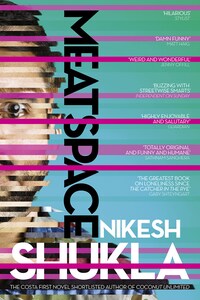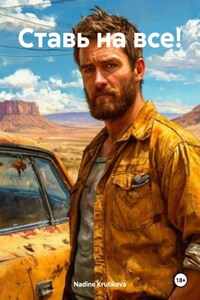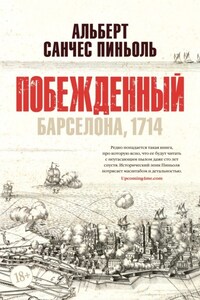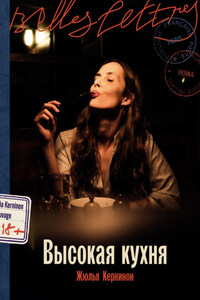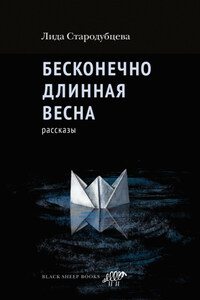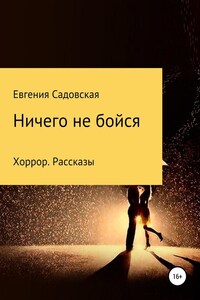The Friday Project
An imprint of HarperCollinsPublishers Ltd
1 London Bridge Street
London SE1 9GF
www.harpercollins.co.uk
This ebook first published in Great Britain by HarperCollins Publishers Ltd 2014
Copyright © Nikesh Shukla 2014
Cover design © HarperCollinsPublishers Ltd 2014
Nikesh Shukla asserts the moral right to be identified as the author of this work.
FIRST EDITION
A catalogue copy of this book is available from the British Library.
This novel is entirely a work of fiction. The names, characters and incidents portrayed in it are the work of the author’s imagination. Any resemblance to actual persons, living or dead, events or localities is entirely coincidental.
All rights reserved under International and Pan-American Copyright Conventions. By payment of the required fees, you have been granted the non-exclusive, non-transferable right to access and read the text of this e-book on screen. No part of this text may be reproduced, transmitted, downloaded, decompiled, reverse engineered, or stored in or introduced into any information storage and retrieval system, in any form or by any means, whether electronic or mechanical, now known or hereinafter invented, without the express written permission of HarperCollins.
Source ISBN: 9780007565078
Ebook Edition © June 2014 ISBN: 9780007565085
Version: 2015-06-02
Why I Sent a Lamb Chop Into Space
Whenever my best mate and I have stood in line at Tayyab’s in East London, our nostrils tingling with burnt mustard seeds, we’ve ogled the wall of fame – from Daniel Craig to Talvin Singh – and wondered, how in the name of all things sacred do we get on here? I mean, a novelist and an artist, we may not be in the same league as James Bond or the guy who won the Mercury Music Prize in the 90s when being Asian was last cool – we knew whatever we did had to be a cut above.
So it was lucky that I had a book called Meatspace coming out.
Meatspace is what people who live their lives online call real life. Meatspace. There’s something so strange, odious and fleshy about the word. It shows that we’re just a collection of wobbly brains living in meat pods. Nick (Hearne – he’s an artist) and I thought it would be funny to take the word literally. And send some meat into space.
We were sat waiting for roast dinners at Hackney City Farm, enjoying the faint, malt-y mist of pig shit and chicken feed seeping through the windows when we had the idea. What could be more ridiculous than sending some actual meat into actual space? And how easy would it be?
Pretty easy, it turns out – all we needed was a weather balloon, some helium and permission from the Civil Aviation Authority and we were good to go. We bought a GoPro camera, made a makeshift pod out of its packaging and forked the sizzling lamb chop.
We took the lamb chop 88.8 miles from Tayyab’s in East London and out to the Cotswolds, filled the air balloon with helium and let go. The original idea – sending some meat into space – was just the tip of the iceberg, though. What followed was a lesson in endurance.
The plan was: the chop would rise at 325 metres a minute, for 95 minutes, before the balloon was predicted to burst 50 miles away over Hungerford, West Berkshire. The payload would then parachute back to earth with a predicted landing near Andover, Hampshire, 68 miles from the launch site. We would ping the GPS, go and collect and film a little retrieval skit with a ‘stunt’ chop we had in a coolbox.
We drank coffees in a supermarket car park and waited for the GPS to start pinging when the chop re-entered the atmosphere. But it never pinged. We waited and we waited. We had a little sausage sandwich barbecue in a park (in a designated barbecue area), ran into Lucy and Russell, whose farm was going to be the original launch site until predicted journey simulations put the pod in the sea. And nothing.
We returned home broken.
The lamb chop was lost.
We launched a local campaign to try and see if anyone had found it. Amazingly, someone did. Nick got a call from a farmer who had found the pod in his threshing machine. The farmer said he was near Yeovil, which was further south than predicted, and sounded like a straight up dude.
Except, he never returned the pod. He wasn’t a straight up dude.
The farmer made arrangements to meet at locations in Dorchester, a service station in Bridgend, and Weston-super-mare, but failed to show every time. He dodged between different phone numbers and locations, every time giving excuses why he couldn’t return the camera. By this time the launch team began to believe that this was life imitating art. The main theme of Meatspace is the lies that we tell ourselves and others in the modern social media-obsessed universe. Was this a case of elaborate catfishing? Or purely somebody attention seeking? I mean, we weren’t dealing with a case of rare diamonds here. It was a bedraggled lamb chop.
The weird part was, in the book, a stray fact from a character opens up a Google search hole of all their social links, and private information. And with this farmer, an accidental text he sent to me – meant for his girlfriend – lead me to his rugby team, Facebook, LinkedIn and more. It was bizarre. It was life imitating art.
